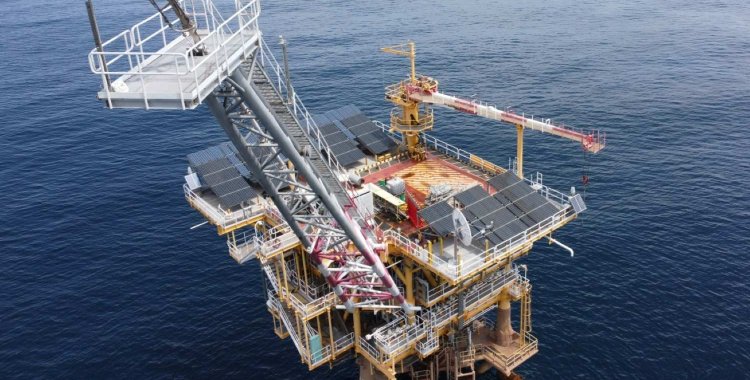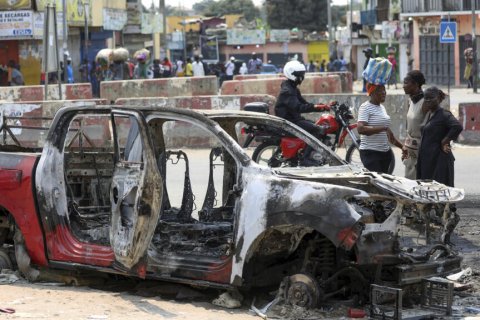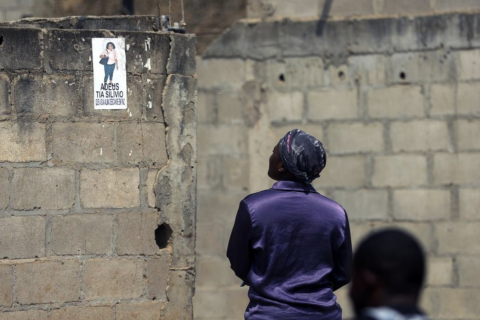"There are no relevant costs in leaving because the power of the Organization of Petroleum Exporting Countries (OPEC) to be completely determining the price is no longer the same as it was before, therefore leaving only has the disadvantage of not participating in the decision, but that's all that", said José Miguel Cerdeira, speaking to Lusa following the announcement of his departure, made this Thursday by the Government.
For the economist, Angola's decision, taken following Angola's public criticism of limiting the increase in production to 1.11 million barrels per day during 2024, ends up being positive for the Portuguese-speaking African country.
"It is a very small cost for the advantage it gives to the State and operators, who have the certainty and peace of mind that they will not have problems if Angola exceeds the quota in several months during the next year", explained José Miguel Cerdeira.
"The General State Budget forecast points to daily production of 1.06 million barrels, but our perspective is that this forecast is too pessimistic, we hope that in 2024 there will be months in which production will be very close to or even above the quota of 1.11 million barrels per day defined by OPEC", he added.
The decision announced this Thursday by the Minister of Mineral Resources, Oil and Gas, Diamantino de Azevedo, comes a few days after the President paid a visit to the United States of America, which publicly criticizes OPEC's policies, and in context of North American investments in the Lobito Corridor, and after several months in which Angola has defended an increase in its oil production, contrary to the interest of the largest producers in increasing global prices.
"The exit provides stability and tranquility so that exceeding this quota will not be a problem for Angola", concludes the BFA's chief economist.
The official information about OPEC's departure was transmitted by the responsible minister on the sidelines of the tenth ordinary meeting of the Council of Ministers, led by the President, João Lourenço, stating that this was a government decision.
"We feel that at this moment Angola gains nothing by remaining in the organization and, in defense of its interests, it decided to leave", said Diamantino Pedro Azevedo, speaking to journalists, at the Presidential Palace, in Luanda, arguing that the decision "was not taken lightly" and considering that it makes no sense to be in an organization whose results do not serve the interests of Angola.
OPEC+ presented, at the meeting in early December, a target of 1,110 thousand barrels per day, while Angola wanted to produce an additional 70 thousand barrels.
According to statements by the governor of Angola at OPEC, during the meeting Angola reaffirmed its position, but contrary to the unanimity that has been usual, OPEC decided on a quota in which Angola does not agree.







